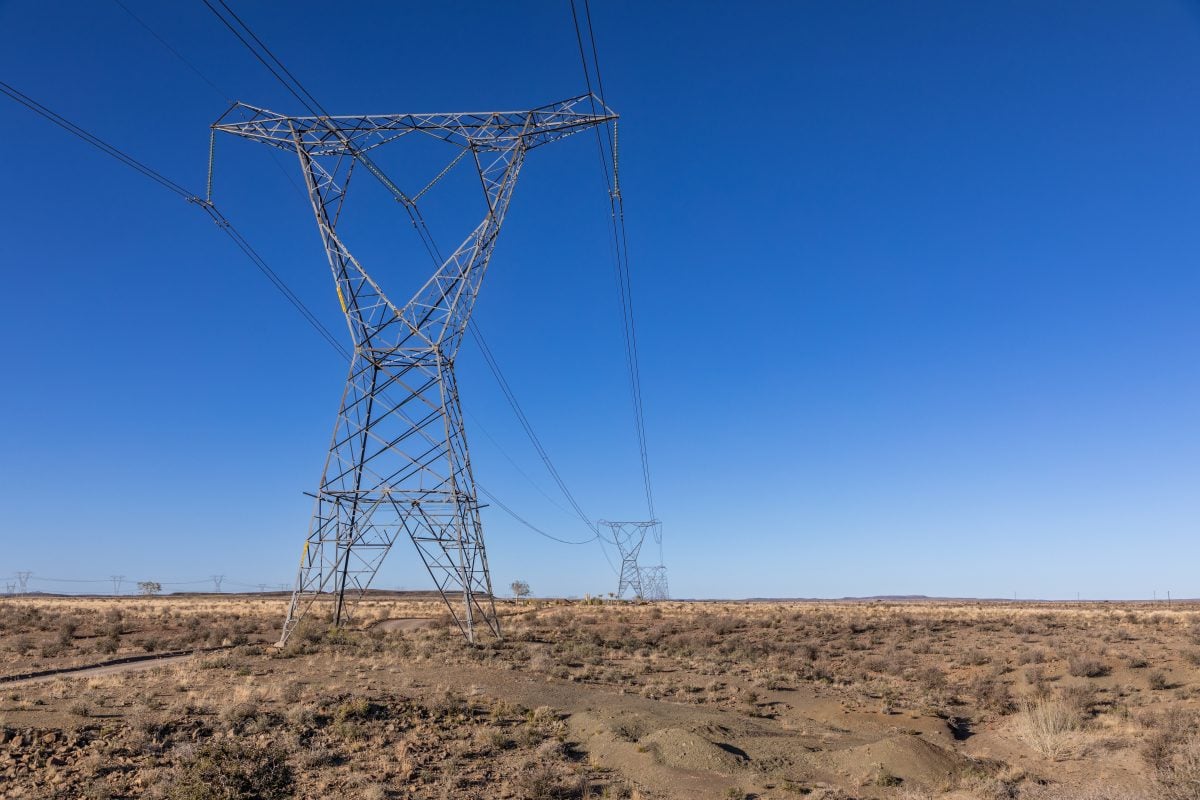Development finance institutions including the World Bank and African Development Bank (AfDB) have announced significant loans to South Africa, as part of a package to help support the country’s controversial Just Energy Transition Plan (JETP).
The board of the World Bank agreed last week to provide a $1bn loan to help advance South Africa’s energy sector reforms. The loan is designed to support the country’s efforts to restructure its power sector, allowing Eskom, the embattled state-owned utility, to focus on transmission and distribution.
The loan is also intended to encourage private investment in electricity generation, including at the household level, where the use of rooftop solar is becoming increasingly widespread.
Marie Francoise Marie-Nelly, the World Bank’s country director for South Africa, said in a statement that the Washington DC based lender was pleased to support the “decisive reforms” that the South African government has taken to address its energy crisis.
Mmakgoshi Lekhethe, deputy-director general for asset and liability management at the National Treasury of South Africa, added that the loan “will provide much needed fiscal and technical support, enabling us to pursue our policy priorities in the energy sector.”
The AfDB confirmed on Tuesday that it is providing a $300m loan to support the same programme of reforms. The Canadian government will also offer $551m, with Germany contributing $91m.
South Africa’s JETP deal was originally agreed at the COP26 climate summit in Glasgow in 2021. The country is in line to receive up to $8.5bn to support its long-term plan to replace coal (which provides around 70% of the country’s electricity) with renewable power. However, sections of the ruling African National Congress have long been sceptical of the JETP arrangements, arguing that coal – which supports hundreds of thousands of jobs in mines and power stations – should remain part of the energy mix.
Related articles
- Minister attacks South Africa’s climate finance deal
- South Africa’s energy transition faces political roadblocks
- Could Just Energy Transition Partnerships work for Africa?
Eskom struggles deepen
Meanwhile, the need for concessionary lenders to support South Africa was underlined this week with the news that Eskom has posted a $1.2bn annual loss for the 2022-23 fiscal year – more than double the figure recorded last year.
The disastrous financial performance is further evidence that the utility is at risk of being trapped in a doom loop. Power cuts – known locally as load-shedding – force Eskom to increase its spending on running diesel generators. At the same time, the utility is struggling to collect revenues from municipalities, with corruption, vandalism and higher interest rates all adding to its predicament.
With some risk of understatement, Eskom’s acting CEO Calib Cassim acknowledged in a statement that “the results are not telling a positive story”.
Eskom was forced to implement load-shedding on 280 days during the last fiscal year, with a similar figure likely in 2023-24. Spending on diesel-fired generators, which partly compensate for coal-fired power stations falling out of action, increased to almost $800m – double the level in the previous fiscal period.
The losses were incurred despite a 9.61% increase in electricity tariffs and a $1.2bn bailout from the South African government.
Cassim said that Eskom is now “pinning its hopes” on a programme to improve the performance of its electricity generation assets. There are some tentative signs that this is beginning to yield results; load-shedding has eased slightly in recent weeks, while a key phase of maintenance work at the country’s only nuclear power station was finally completed at the end of October.
Want to continue reading? Subscribe today.
You've read all your free articles for this month! Subscribe now to enjoy full access to our content.
Digital Monthly
£8.00 / month
Receive full unlimited access to our articles, opinions, podcasts and more.
Digital Yearly
£70.00 / year
Our best value offer - save £26 and gain access to all of our digital content for an entire year!

 Sign in with Google
Sign in with Google 



